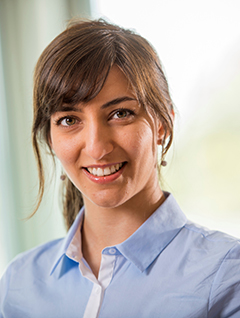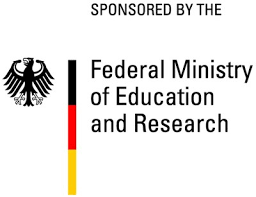
Quantitative T cell immunology to inform immunotherapy and vaccination

Author: Dr. rer. nat. Michael Floßdorf
In close collaboration with our clinical and experimental partners our group investigates the mechanistic basics of T cell differentiation, memory formation and the long-term dynamics of T cell responses during chronic infection and cancer; our goal is to inform immunotherapy and vaccination strategies. For this we devise data-driven mathematical models, which are tested and developed further in iterative cycles between theory and suitable in vivo experiments.
Current challenges in immunotherapy
Adoptive T cell therapy (ACT) has recently shown very encouraging results in the treatment of cancer and chronic viral infections. In parallel, pharmacological therapies using immune checkpoint blockers that reverse a state of T cell dysfunction termed “exhaustion” are emerging as a promising treatment for even advanced cancers. T cell exhaustion represents a key mechanism of immunosuppression in human cancers and during chronic viral infections. Chronic viral infections elicit adaptive immune responses, which are, however, not sufficient to eradicate the virus. During this battle for dominance between the immune system and the invading pathogen, cytotoxic T lymphocytes, with their ability to specifically recognize and kill virus-infected cells, play a key role. For poorly understood reasons, T cells become dysfunctional during chronic infection and appear exhausted. T cell exhaustion during chronic infection has parallels to T cell responses to cancer. For several tumors, including melanoma, T cells can specifically recognize and eliminate malignant cells. However, T cells found in tumors regularly have an exhausted phenotype, as seen e.g. by high expression of the inhibitory surface receptor, programmed cell death-1 (PD-1), and are unable to halt or reverse tumor growth. Current immunotherapeutic interventions aim to reinvigorate these dysfunctional or exhausted T cells. These new immunotherapies have been announced Breakthrough of the Year 2013 by the magazine Science. However, their outcome is largely unpredictable by current clinical parameters, and remarkable therapy success in one patient (e.g., cure from advanced melanoma) still contrasts with failure in another.
A major obstacle to the improvement of these immunotherapeutic approaches and ACT is our lack of knowledge on how exhausted T cells develop, how plastic their fate is, and which lineage relations they have with other T cell subtypes. Indeed, the differentiation pathways of memory, effector and exhausted T cells, their developmental plasticity, and possibilities for molecular intervention remain poorly understood. However, we have recently shown that data-driven mathematical modeling, combined with fate-mapping of single naive T cells developed by the Busch group at the MIH, provides a novel, highly informative approach to study T cell differentiation and plasticity in vivo (Buchholz/Flossdorf et al. Science 2013, Flossdorf et al. Nature Immunology 2015).
Project description
Our group applies these combined strengths of mathematical modeling and – in collaboration with experimental research groups – in vivo T cell fate mapping to address the following principal research questions:
- How is T cell memory established and maintained and what does this imply for the design of vaccination strategies?
- Which T cells are most likely to ensure a long-lasting, functional response facing persistent stimulation and are therefore best suited for adoptive T cell therapy?
- Which mechanisms underlie T cell exhaustion in chronic infection and cancer and how can we use this knowledge to optimize immunotherapeutic intervention strategies?
These ambitious goals require iterative cycles between theory and in vivo experiments, which are at the heart of our projects. Our mechanistic insights are applied to find optimal antigen-specific T cell subsets for ACT, inform vaccination strategies and improve the scheduling of pharmacological therapy. Our work aims to inform clinical trials on ACT to combat resurging chronic viral infections after stem cell transplantation conducted at the MIH and on immunotherapy of melanoma and pancreatic cancer using checkpoint blockers led by our collaborators at the University Hospital Heidelberg and the National Center for Tumor Diseases.
Leider ist der Eintrag nur auf English verfügbar.

